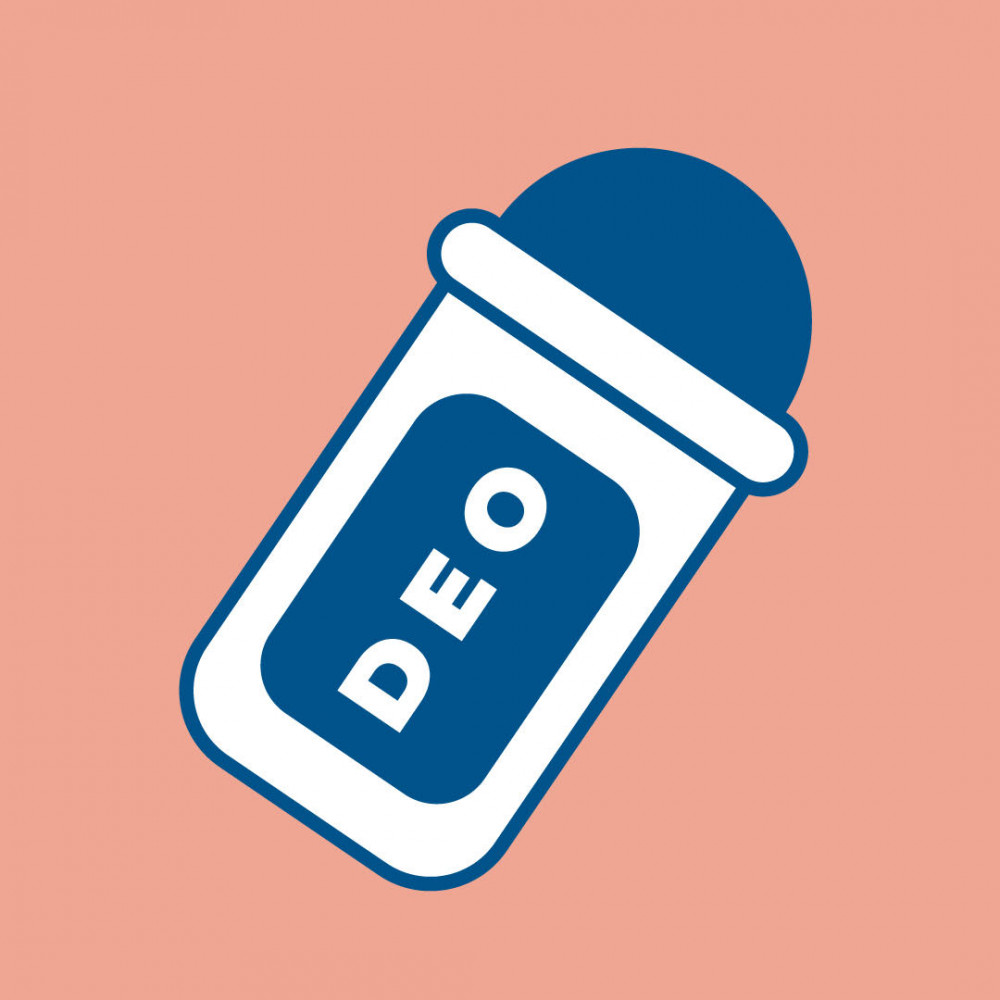Everyone sweats, so how do you keep odour at bay while looking after number one (you) and that other number one (our planet)? Natural deodorants are not only better for the environment, they avoid the cloudiness surrounding a whole heap of chemical nasties found in most mainstream deodorants and anti-perspirants.
Yes, deodorants and anti-perspirants are two different things. Although many of us use the terms interchangeably, we shouldn’t. Antiperspirants typically block up your sweat glands to prevent heavy sweating in the first place. Deodorant doesn’t stop you sweating. Instead it works by masking odour with fragrances, and attacking the bacteria that breaks down the sweat (that’s what makes it smell). Having said that, many of the roll-ons and sprays you find will be a combo of both.
In general, deodorants and antiperspirants are safe for people who are in good health to use. Rubbing something on your skin doesn’t mean it will automatically make its way into your bloodstream. But research has shown that some substances commonly included in deodorant products CAN make their way past the epidermis, especially if you’ve nicked yourself while shaving, or have any other kind of skin abrasion.
Chemicals in deodorants include parabens, which may interfere with the way your body produces and regulates estrogen and other hormones. Aluminium, the active ingredient in most over-the-counter antiperspirants, has been linked to many degenerative diseases from Alzheimer’s to cancer. Triclosan, added to kill bacteria on the surface of the skin, has been linked with fertility issues and impaired thyroid function. And phthalates, included to make a fragrance ‘stick’, can disrupt the way your body produces testosterone. Plus, almost every deodorant and antiperspirant is ‘fragranced’, and it’s impossible to know what chemicals are concealed under that blanket description.
While the potential side effects of chemical deodorants on health are filed in the ‘Needs more research’ folder, taken together they form a pretty weighty argument for finding an alternative. It also just makes sense to keep your exposure to chemicals to a minimum, right? Because we simply don’t know all the possible long-term risks.
And guess what, alternatives abound! While you might not want to go totally deo-free, there are plenty of natural versions on shelves – shop for products labelled paraben-free and fragrance-free, and check the ingredients list to make sure triclosan isn’t on there.
If you’re wondering about their efficacy, rest assured. Natural can be just as effective as chemical. Yes, you’ll still sweat, but no, you won’t start to smell during the average day.





